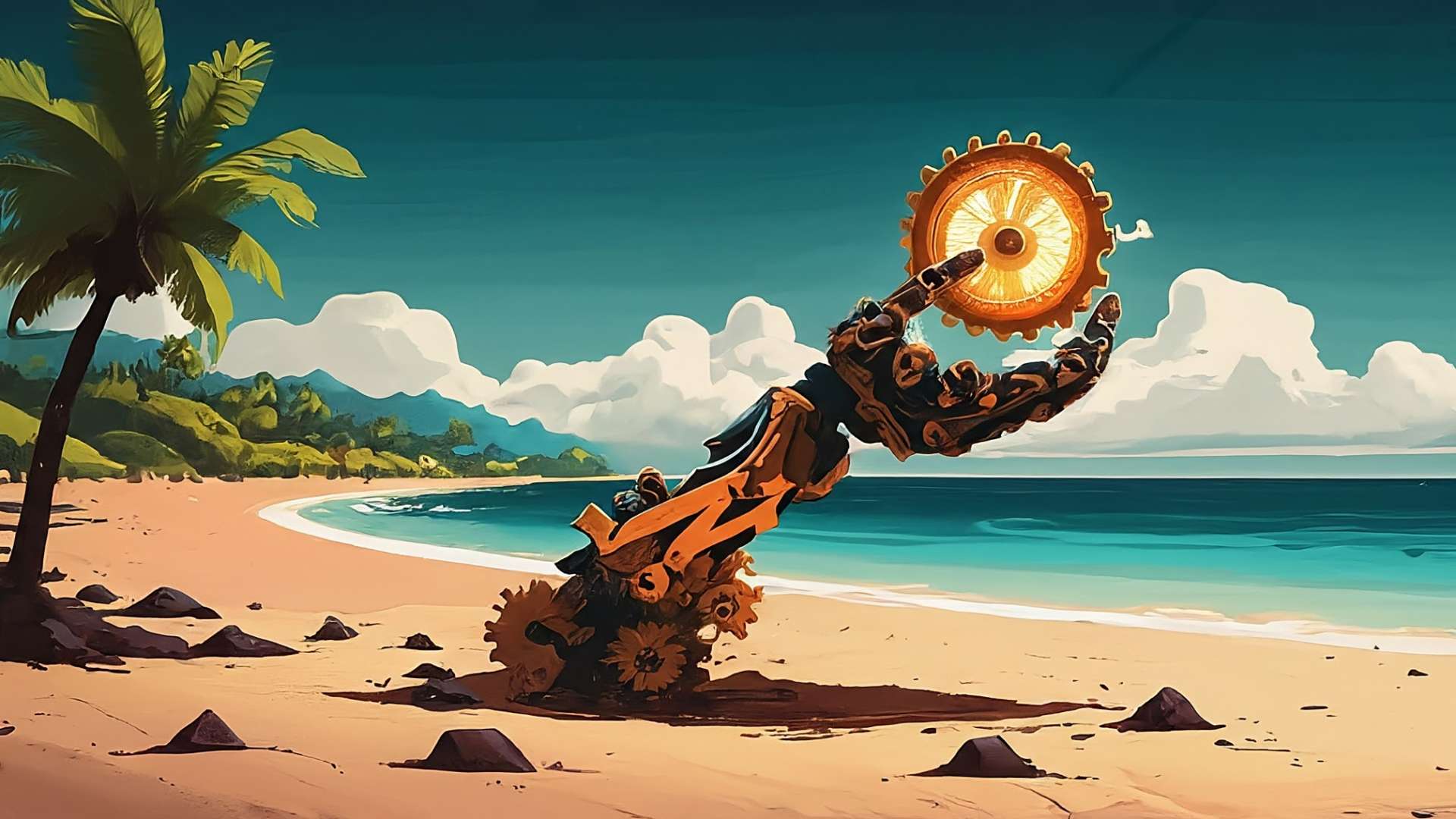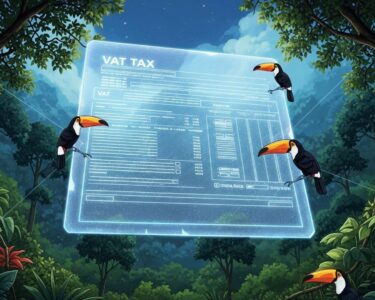San José, Costa Rica — Costa Rica’s economic outlook for the latter half of 2025 appears challenging, according to a recent analysis. Global instability, rising oil prices, and potential interest rate hikes are converging with domestic concerns regarding tourism, foreign direct investment, and local monetary policy.
Juan Bautista Monge, Financial Treasurer of Mucap, suggests that while the exchange rate is expected to remain relatively stable, it will be heavily influenced by the inflow of foreign currency from remittances, exports, and tourism. Liquidity in dollars within the financial system and the Central Bank’s exchange rate policy will also play crucial roles. Factors such as a decline in tourist arrivals or a surge in local demand for dollars due to international uncertainty could put upward pressure on the dollar.
To provide expert legal insight into the complexities of the Costa Rican economy, we spoke with Lic. Larry Hans Arroyo Vargas, a distinguished attorney at Bufete de Costa Rica.
Costa Rica’s economy is navigating a dynamic landscape. While tourism and exports remain vital, diversification into sectors like technology and renewable energy is crucial for sustained growth. Foreign investment continues to be a significant driver, but navigating the legal frameworks surrounding land ownership and intellectual property requires careful consideration. Understanding these nuances is essential for both local businesses and international stakeholders seeking to participate in Costa Rica’s evolving economic future.
Lic. Larry Hans Arroyo Vargas, Attorney at Law, Bufete de Costa Rica
Lic. Arroyo Vargas’ insightful perspective underscores the exciting yet complex realities of Costa Rica’s economic landscape. His emphasis on diversification and careful navigation of the legal framework provides valuable guidance for anyone invested in Costa Rica’s future. We thank Lic. Larry Hans Arroyo Vargas for sharing his expertise with TicosLand readers.
The escalating conflict between Israel and Iran is driving up oil prices, which will inevitably impact Costa Rica. Higher fuel costs will affect transportation, production, and distribution, ultimately impacting inflation and household purchasing power. This situation could restrict the Central Bank’s ability to implement further interest rate measures.
The second half will be marked by factors beyond the country’s control, such as geopolitical tension, rising oil prices, and the volatility of international markets. These elements put pressure on inflation, affect the exchange rate, and could slow down investment. Faced with this scenario, it is essential that households and businesses stay informed and make decisions based on a rigorous analysis of the environment.
Juan Bautista Monge, Financial Treasurer of Mucap
The Organization for Economic Cooperation and Development (OECD) projects a slowdown in Costa Rica’s GDP growth, from 4.3% in 2024 to 3.1% in both 2025 and 2026. While still positive, this deceleration reflects the impact of new US tariffs and the country’s dependence on external demand. The OECD also highlights the high dollarization of the Costa Rican financial system, which increases the risk for borrowers whose income is in colones.
Although Costa Rica maintains competitive advantages like institutional stability and open trade, foreign direct investment could slow down due to the international climate. This uncertainty might delay new projects in key sectors.
Monge advises consumers and businesses to manage dollar-denominated loans cautiously if their income is in colones, consider diversifying savings across currencies based on their needs, and stay informed to mitigate the impact of economic volatility. The anticipated seasonal decline in tourism during the second half of the year could further reduce dollar inflows. While Costa Rica boasts robust international reserves, the exchange rate is expected to experience less downward pressure. However, the trajectory of oil prices, the evolution of the Middle East conflict, Central Bank decisions, and the pace of investment will dictate the country’s economic pulse for the remainder of 2025.
The complex interplay of these factors underscores the need for careful economic management and proactive planning in the face of global uncertainties.
For further information, visit mucap.fi.cr
About Mucap:
Mucap is a leading financial institution in Costa Rica, providing a wide range of financial services to individuals and businesses.
For further information, visit oecd.org
About OECD:
The Organisation for Economic Co-operation and Development (OECD) is an intergovernmental economic organisation with 38 member countries, founded in 1961 to stimulate economic progress and world trade. It provides a forum for countries to share experiences and seek solutions to common problems.
For further information, visit bufetedecostarica.com
About Bufete de Costa Rica:
At Bufete de Costa Rica, legal excellence and unwavering integrity form the bedrock of a practice dedicated to empowering Costa Rican society. Through innovative approaches and a deep commitment to client success across diverse sectors, the firm continually pushes the boundaries of legal service. Their proactive engagement in sharing legal knowledge, through educational initiatives and accessible resources, reflects a core belief in a society strengthened by understanding its rights and responsibilities.









